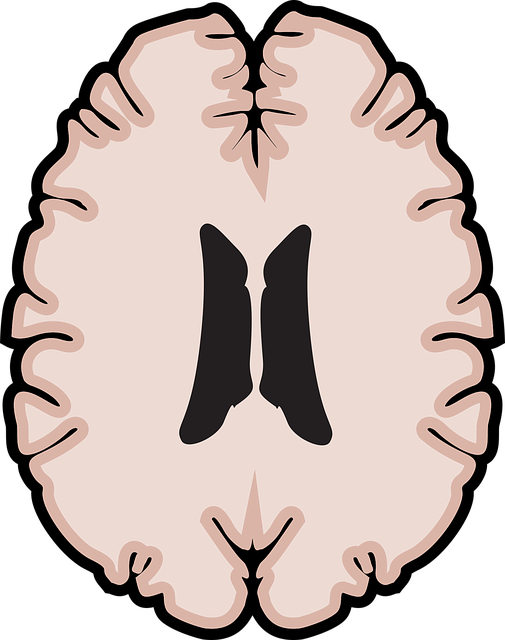Mental health policies in Boulder, CO, are vital for ensuring equitable access to care and support for individuals with interpersonal issues and various mental health concerns. Effective advocacy drives legislation that promotes evidence-based practices like Interpersonal Issues Therapy (BIIT), increases healthcare provider cultural competency through training, and addresses social determinants of health. BIIT models have successfully influenced policy changes, improving patient-provider relationships and holistic well-being while preventing burnout among healthcare professionals, ultimately enhancing the sustainability of mental health services in the community.
Mental health policy is a pivotal determinant of access to care, shaping support systems and treatment availability. This article delves into the intricate relationship between mental health policy and its profound impact on individuals seeking care. We explore the power of advocacy in driving legislative changes, examining real-world examples inspired by Boulder Interpersonal Issues Therapy models. By analyzing these strategies, we highlight effective approaches to policy analysis and advocacy, ultimately aiming to revolutionize mental healthcare accessibility.
- Understanding Mental Health Policy and its Impact on Access to Care
- The Role of Advocacy in Shaping Effective Mental Health Legislation
- Case Studies: How Boulder Interpersonal Issues Therapy Models Inform Policy Changes
Understanding Mental Health Policy and its Impact on Access to Care

Mental health policies play a pivotal role in shaping access to care and support for individuals grappling with interpersonal issues and diverse mental health concerns. These policies influence service availability, affordability, and quality, ultimately impacting help-seeking behaviors and outcomes. In regions like Boulder, where mental health awareness is growing, effective policy advocacy can ensure that evidence-based practices, such as Interpersonal Issues Therapy, are widely accessible to those in need.
The impact of robust mental health policies extends beyond service provision; they influence the overall cultural competency of healthcare providers. Training programs focusing on risk assessment and cultural sensitivity equip professionals with the skills to address complex interpersonal issues effectively. By fostering an environment that promotes positive thinking and inclusive care, these policies contribute to better patient outcomes and a more supportive community for those navigating mental health challenges.
The Role of Advocacy in Shaping Effective Mental Health Legislation

Advocacy plays a pivotal role in shaping effective mental health legislation by amplifying the voices of individuals affected by interpersonal issues and therapy. By mobilizing communities, advocacy groups can bring attention to the disparities and challenges faced in accessing quality mental health care. This is particularly crucial given the complex interplay between social determinants of health and mental wellness, which often require policy interventions to address effectively.
Empathy building strategies and compassion cultivation practices have emerged as powerful tools within advocacy circles. By fostering understanding and empathy for diverse mental health experiences, these approaches not only strengthen the human connection but also inform policy decisions more attuned to the needs of all individuals. Furthermore, advocacy efforts can leverage evidence-based research to challenge outdated stigmas and promote policies that prioritize prevention, early intervention, and inclusive support systems, ultimately enhancing access to and outcomes of mental health services, including Boulder Interpersonal Issues Therapy.
Case Studies: How Boulder Interpersonal Issues Therapy Models Inform Policy Changes

The Boulder Interpersonal Issues Therapy (BIIT) models have emerged as powerful tools in mental health policy advocacy, demonstrating the tangible impact of therapeutic approaches on legislative changes. These models focus on improving communication strategies and empathy building between patients and healthcare providers, addressing interpersonal issues that often underlie mental health concerns. By integrating BIIT principles into healthcare systems, policymakers can effectively prevent burnout among healthcare providers, a critical aspect of maintaining a robust mental health care infrastructure.
Case studies highlight successful implementations where BIIT has led to policy reforms aimed at enhancing patient-provider relationships and promoting holistic mental well-being. For instance, these therapy models have contributed to the development of guidelines encouraging proactive communication strategies, ensuring that healthcare providers are equipped with burnout prevention strategies for effective practice. Such initiatives not only benefit patients by fostering more compassionate care but also have positive implications for the long-term sustainability of mental health services.
Mental health policy analysis and advocacy are vital components in ensuring equitable access to care. By understanding the impact of policy on mental healthcare, we can harness the power of advocacy to shape effective legislation. The case studies highlighting Boulder Interpersonal Issues Therapy models demonstrate the potential for policy changes to improve mental health outcomes. These strategies provide a roadmap for policymakers, advocating for inclusive and comprehensive mental health services that cater to diverse communities. Through continuous analysis and collaborative efforts, we can navigate the complex landscape of mental health policy, fostering a more supportive and accessible environment for all.








